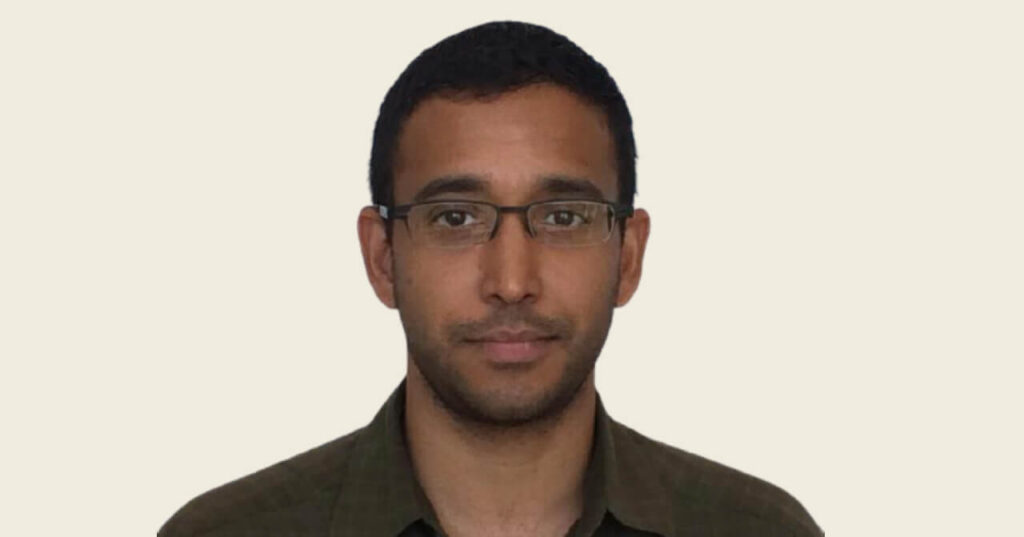Dr. Devanand Manoli: Improving Social Function in Mental Illness

Social attachment, or “bonding”, appears at every level of human society and interaction, and forms the basis for the relationships that sustain us as human beings. Severe issues with social attachment arise in numerous psychiatric illnesses such as schizophrenia and autism. These challenges may cause individuals afflicted to withdraw socially, which can cause them more suffering, while continuing to interact with others in ways that are not stressful may contribute to their healing and improve their illness. Working to understand how attachments are regulated in the brain can create more opportunities for these people to return to wellness. Dr. Devanand “Dev” Manoli, One Mind Assistant Professor of Psychiatry at UCSF, is conducting research on the formation of attachments and how the process could go awry, with the goal of improving our population’s social and mental health.
Studying Social Impairments in Animals Socially Like Humans
Oxytocin and vasopressin are hormones involved in human behaviors associated with relationships and bonding. Because a rodent species called the prairie vole uses similar hormonal, and presumably neural, mechanisms in human-like pair bonding behaviors, this species forms an ideal candidate to serve as a model for the neurobiological study of human social attachment. However, voles have not been receptive to conventional molecular genetic engineering strategies, which has created challenges in using voles to examine the genetics and neurobiology that underlie attachment, or how it is disrupted in the context of mental illness. Because of this, Dr. Manoli and his team have developed vole-specific molecular genetic tools to create a system that will allow for in-depth studies into mechanisms underlying social attachment in prairie voles.
Understanding What Causes Social Attachment Challenges
In their vole studies, Dr. Manoli and his team are already on the path to a better understanding of social function. Among his team’s most exciting innovations has been the generation of voles containing gene mutations found in humans with autism and schizophrenia, and which are relevant to social behavior. With these various vole models, they can study how changes in these genes or environmental stresses may lead to changes in a variety of vole social behaviors, aiming to build our understanding of the problems that people with various psychiatric disorders face. So far, in testing these assessments, they have observed that bonding decreases baseline anxiety in voles and that separation causes anxiety-indicating that their vole models approximate human social emotional response to a useful degree. Dr. Manoli’s team, using techniques developed by colleagues at UCSF, have begun to map the regions of the vole brain that are activated during attachment-related behaviors. Finally, Dr. Manoli’s team has begun to formulate research methods to investigate the disruptions to the development and function of the nervous system that are caused by these mutations and that underlie the behavior changes they observe. By understanding the problems that arise from these mutations, they can gain a better understanding of the mutation specific contributions to the social interaction challenges caused by brain illness.
Through his complex work, Dr. Dev Manoli has begun to break through some of the underlying problems that lead to social attachment deficits found in individuals with psychiatric disorders. Our hopes are with him as he seeks a basis to re-enable people with these disorders to build more satisfying, meaningful relationships.
